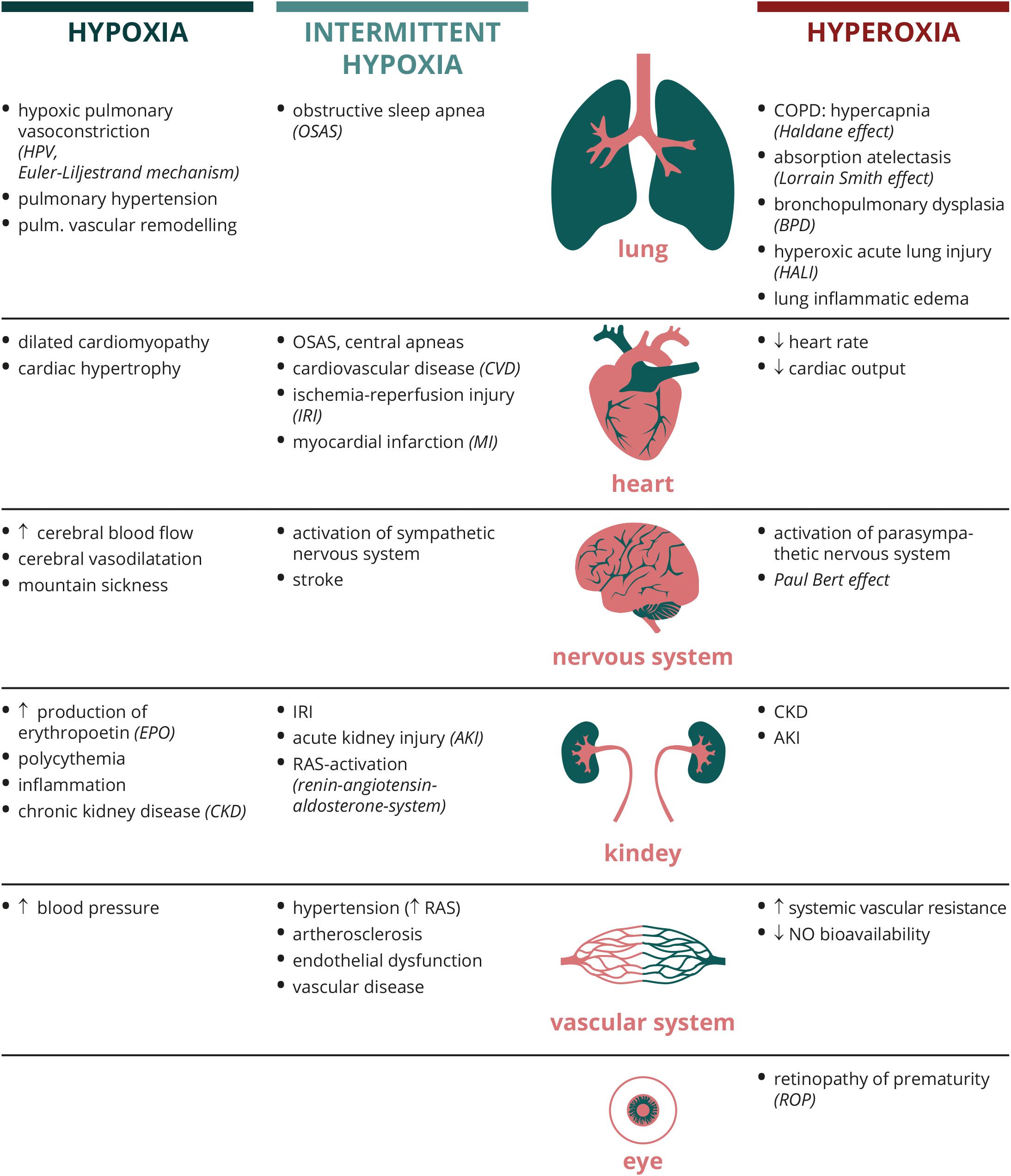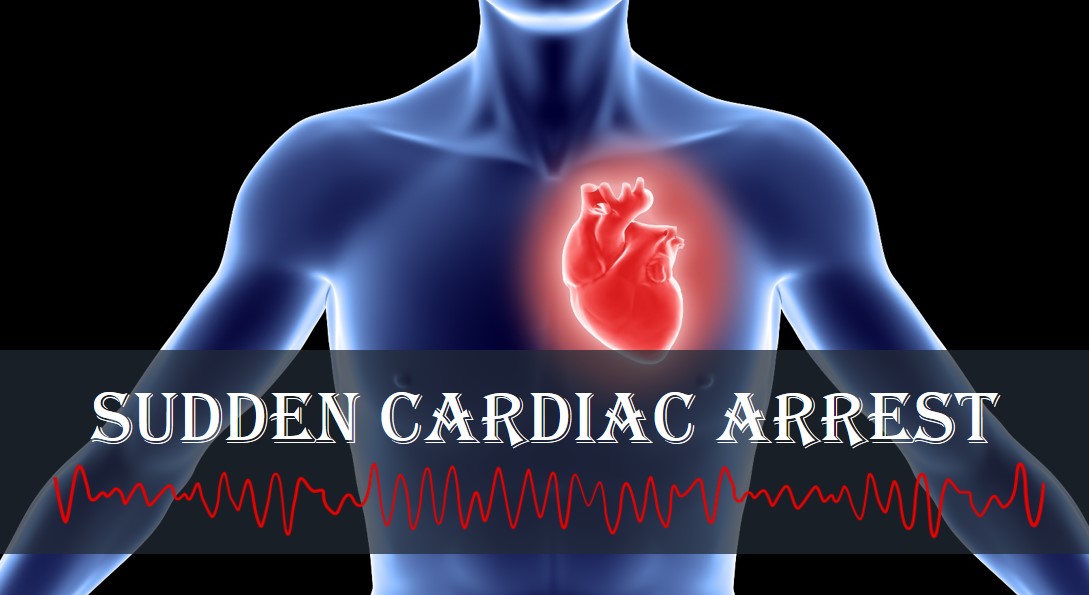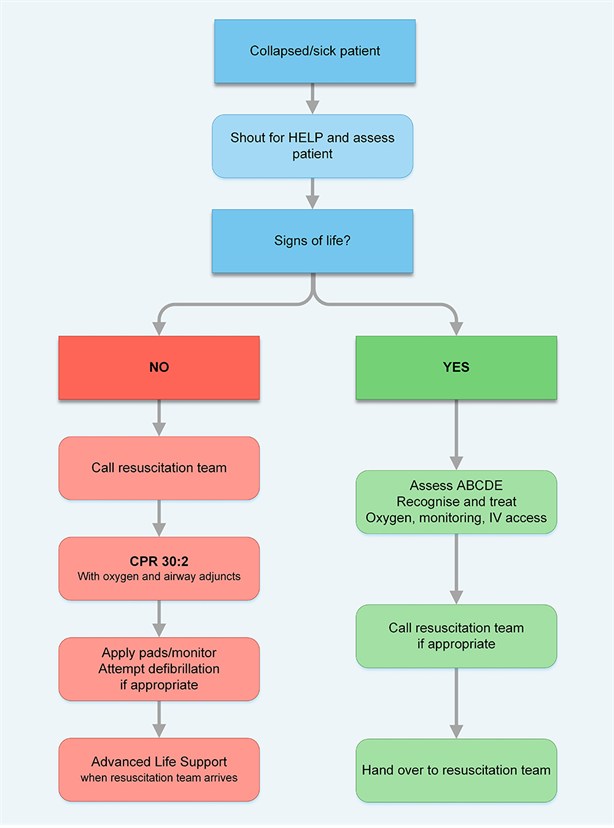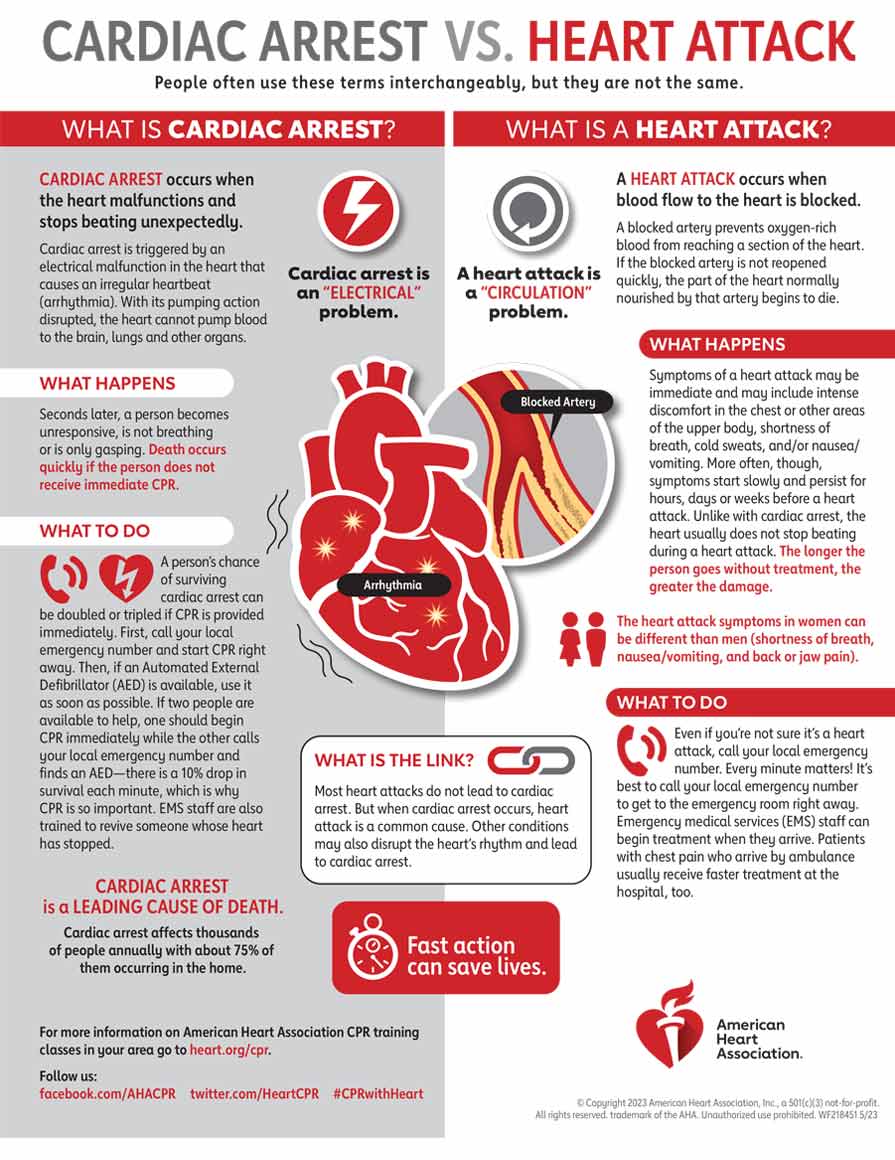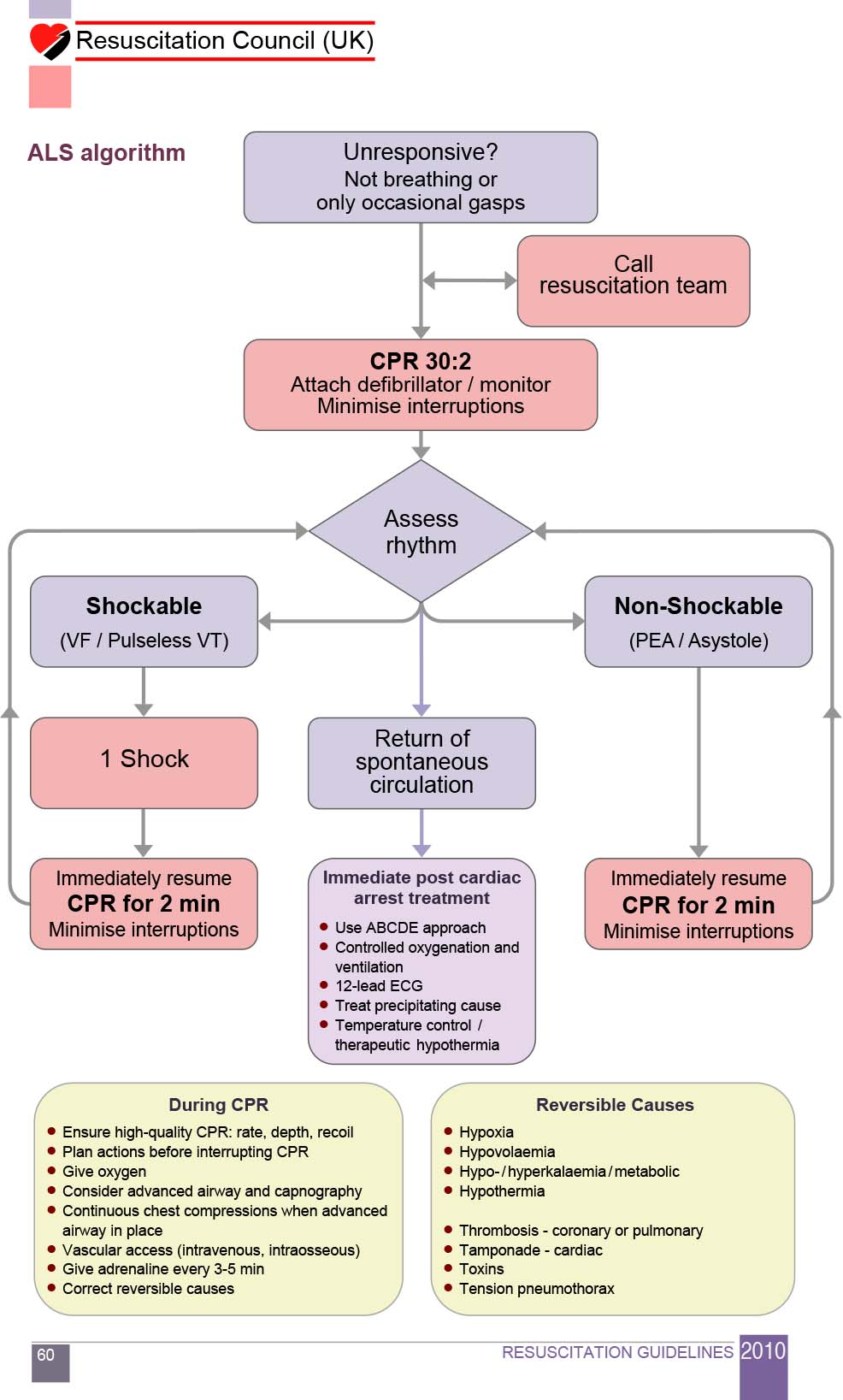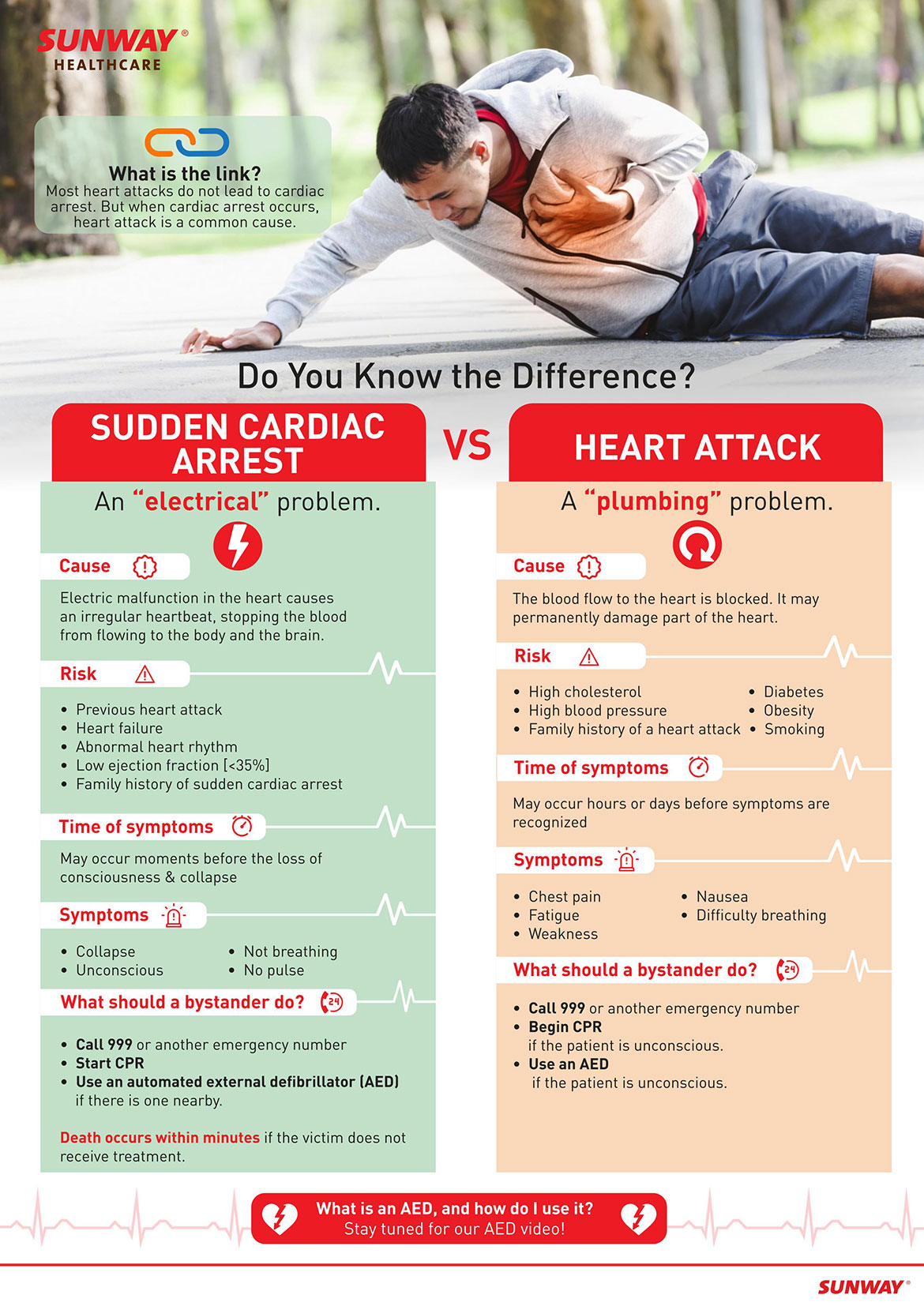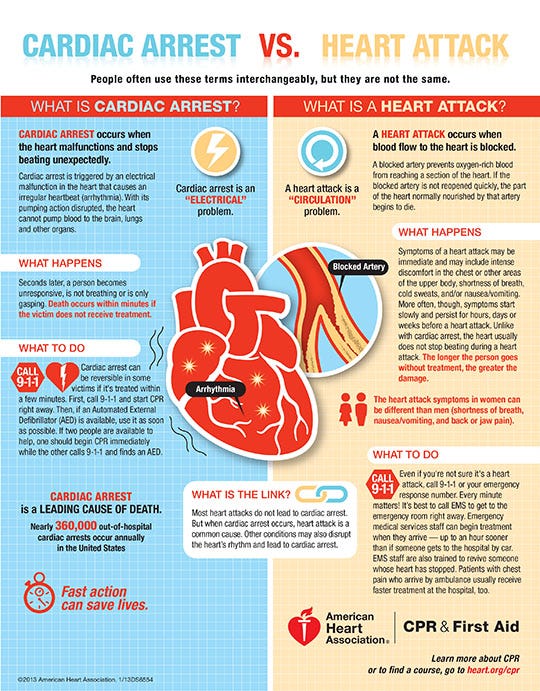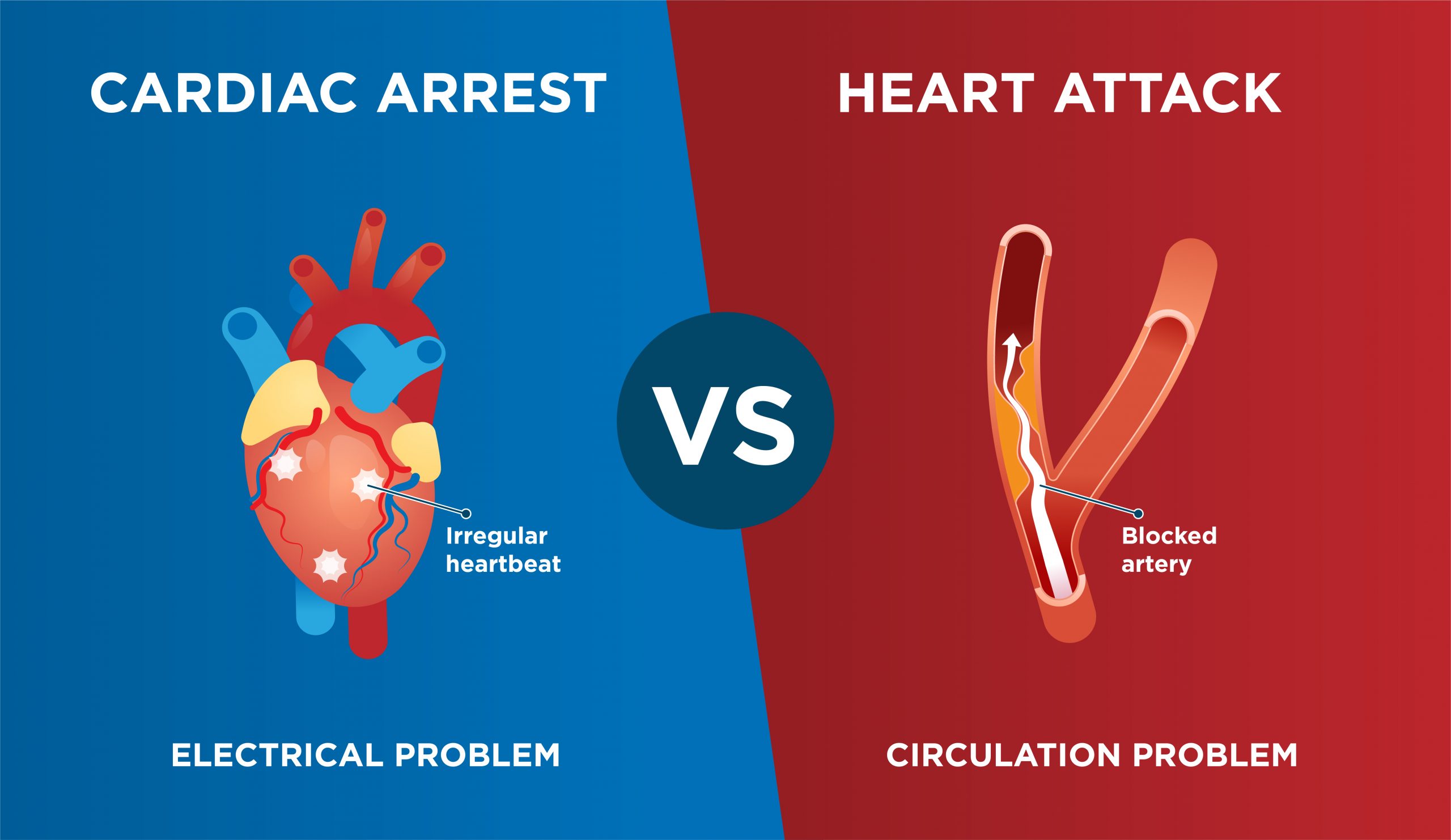How Much Lack Of Oxygen For Cardiac Arrest - From the currently available literature, high oxygen concentrations during cardiopulmonary resuscitation seem preferable,. This type of injury, which is a leading cause of significant disability or death following resuscitation, is named for the factor that. High oxygen tension in blood and/or tissue affects clinical outcomes in several diseases. Thus, the optimal target pao 2 for patients recovering.
This type of injury, which is a leading cause of significant disability or death following resuscitation, is named for the factor that. Thus, the optimal target pao 2 for patients recovering. From the currently available literature, high oxygen concentrations during cardiopulmonary resuscitation seem preferable,. High oxygen tension in blood and/or tissue affects clinical outcomes in several diseases.
This type of injury, which is a leading cause of significant disability or death following resuscitation, is named for the factor that. From the currently available literature, high oxygen concentrations during cardiopulmonary resuscitation seem preferable,. Thus, the optimal target pao 2 for patients recovering. High oxygen tension in blood and/or tissue affects clinical outcomes in several diseases.
Frontiers Investigating Disturbances of Oxygen Homeostasis From
Thus, the optimal target pao 2 for patients recovering. High oxygen tension in blood and/or tissue affects clinical outcomes in several diseases. This type of injury, which is a leading cause of significant disability or death following resuscitation, is named for the factor that. From the currently available literature, high oxygen concentrations during cardiopulmonary resuscitation seem preferable,.
CPR during cardiac arrest someone’s life is in your hands Harvard Health
This type of injury, which is a leading cause of significant disability or death following resuscitation, is named for the factor that. Thus, the optimal target pao 2 for patients recovering. From the currently available literature, high oxygen concentrations during cardiopulmonary resuscitation seem preferable,. High oxygen tension in blood and/or tissue affects clinical outcomes in several diseases.
Sudden Cardiac Arrest What is it and what can you do about it? • MyHeart
Thus, the optimal target pao 2 for patients recovering. This type of injury, which is a leading cause of significant disability or death following resuscitation, is named for the factor that. High oxygen tension in blood and/or tissue affects clinical outcomes in several diseases. From the currently available literature, high oxygen concentrations during cardiopulmonary resuscitation seem preferable,.
Guidelines Inhospital resuscitation Resuscitation Council UK
High oxygen tension in blood and/or tissue affects clinical outcomes in several diseases. From the currently available literature, high oxygen concentrations during cardiopulmonary resuscitation seem preferable,. Thus, the optimal target pao 2 for patients recovering. This type of injury, which is a leading cause of significant disability or death following resuscitation, is named for the factor that.
Cardiac Arrest vs Heart Attack American Heart Association CPR & First Aid
This type of injury, which is a leading cause of significant disability or death following resuscitation, is named for the factor that. High oxygen tension in blood and/or tissue affects clinical outcomes in several diseases. Thus, the optimal target pao 2 for patients recovering. From the currently available literature, high oxygen concentrations during cardiopulmonary resuscitation seem preferable,.
ALS algorithms Oxford Medical Education
This type of injury, which is a leading cause of significant disability or death following resuscitation, is named for the factor that. From the currently available literature, high oxygen concentrations during cardiopulmonary resuscitation seem preferable,. Thus, the optimal target pao 2 for patients recovering. High oxygen tension in blood and/or tissue affects clinical outcomes in several diseases.
How to identify a Cardiac Arrest Save a Life for Scotland
Thus, the optimal target pao 2 for patients recovering. High oxygen tension in blood and/or tissue affects clinical outcomes in several diseases. From the currently available literature, high oxygen concentrations during cardiopulmonary resuscitation seem preferable,. This type of injury, which is a leading cause of significant disability or death following resuscitation, is named for the factor that.
Sudden Cardiac Arrest Treatment
This type of injury, which is a leading cause of significant disability or death following resuscitation, is named for the factor that. High oxygen tension in blood and/or tissue affects clinical outcomes in several diseases. From the currently available literature, high oxygen concentrations during cardiopulmonary resuscitation seem preferable,. Thus, the optimal target pao 2 for patients recovering.
Carrie Fisher's death Explaining cardiac arrest vs. heart attacks
Thus, the optimal target pao 2 for patients recovering. This type of injury, which is a leading cause of significant disability or death following resuscitation, is named for the factor that. High oxygen tension in blood and/or tissue affects clinical outcomes in several diseases. From the currently available literature, high oxygen concentrations during cardiopulmonary resuscitation seem preferable,.
Differences between heart attack and cardiac arrest Rapid Response
Thus, the optimal target pao 2 for patients recovering. This type of injury, which is a leading cause of significant disability or death following resuscitation, is named for the factor that. High oxygen tension in blood and/or tissue affects clinical outcomes in several diseases. From the currently available literature, high oxygen concentrations during cardiopulmonary resuscitation seem preferable,.
From The Currently Available Literature, High Oxygen Concentrations During Cardiopulmonary Resuscitation Seem Preferable,.
This type of injury, which is a leading cause of significant disability or death following resuscitation, is named for the factor that. Thus, the optimal target pao 2 for patients recovering. High oxygen tension in blood and/or tissue affects clinical outcomes in several diseases.
